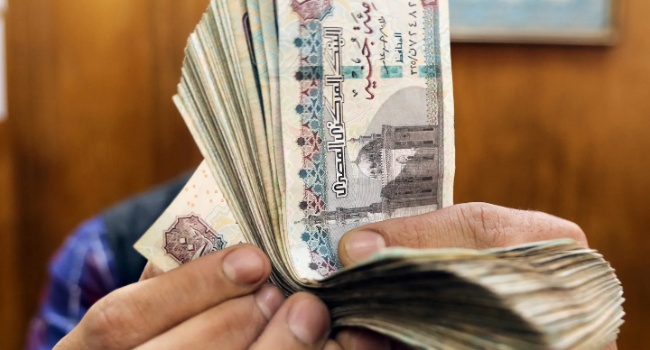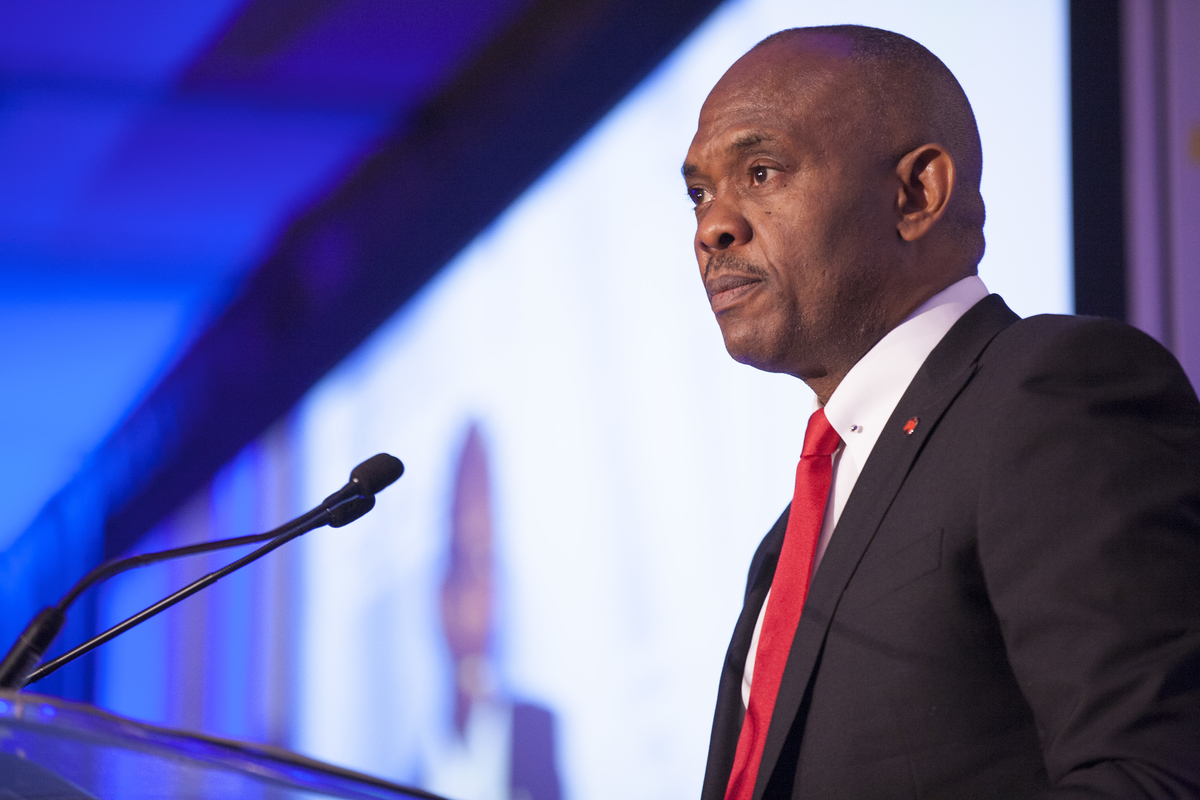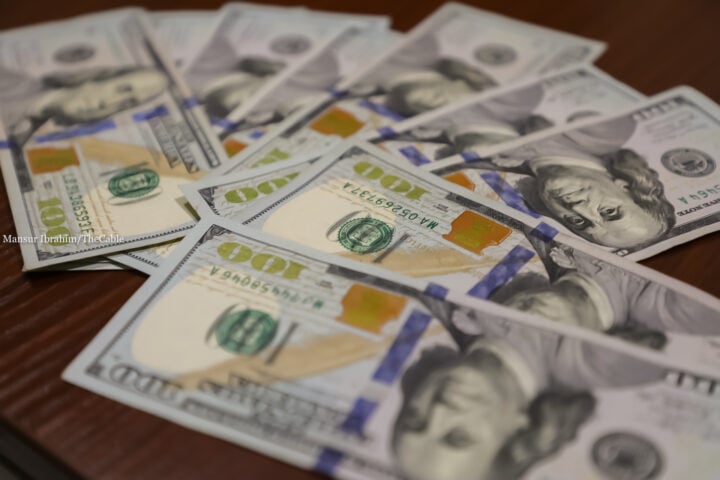The Egyptian pound held steady on Thursday, a day after the country’s central bank adopted a flexible exchange rate system that plummeted the currency.
According to a report on Thursday by Reuters, the development also comes after Cairo successfully secured an $8 billion deal with the International Monetary Fund (IMF).
Quoting London Stock Exchange Group (LSEG) data, Reuters said the country’s currency stayed around 49.5 Egyptian pounds to the dollar — the same rate it settled at when the foreign exchange market was about to close on Wednesday.
Before the devaluation on March 6, 2024, and a sharp increase in interest rate, the central bank had held the currency for about a year at a little less than 31 pounds to the dollar.
Advertisement
“A more flexible exchange rate, long a key demand from the IMF, is seen as crucial for restoring investor confidence in an economy that has been hobbled for the last two years by a foreign currency shortage,” the publication said.
“The shortage has curbed local business activity and led to backlogs at ports and delays in commodity payments.
“Prime Minister Mostafa Madbouly said Egypt was planning on big deals to ensure liquidity and would work with merchants to stabilise prices and prioritise foreign currency access for basic commodity importers as the currency shift takes effect.”
Advertisement
According to Tradeweb data, Egypt’s international bonds, which had surged on Wednesday before falling back, declined further on Thursday — with the 2033 note down 1.62 cents on the dollar to 81.81 cents.
“Egypt has promised a move to a more flexible exchange rate system in the past, only to resume holding the currency at a fixed rate, while much of the economy depended on a black market rate that fell as low as 70 pounds,” the report said.
Hassan Abdalla, Egypt’s central bank governor, during a press conference on Wednesday, described the black market trading as a “disease” that reflected a lack of trust in the financial system.
“Thankfully, I can stand here today and say we have enough to fulfil our obligations and more,” he said.
Advertisement
Abdalla said the central bank would still be able to intervene — as in other countries — in the case of excess volatility.
Add a comment






